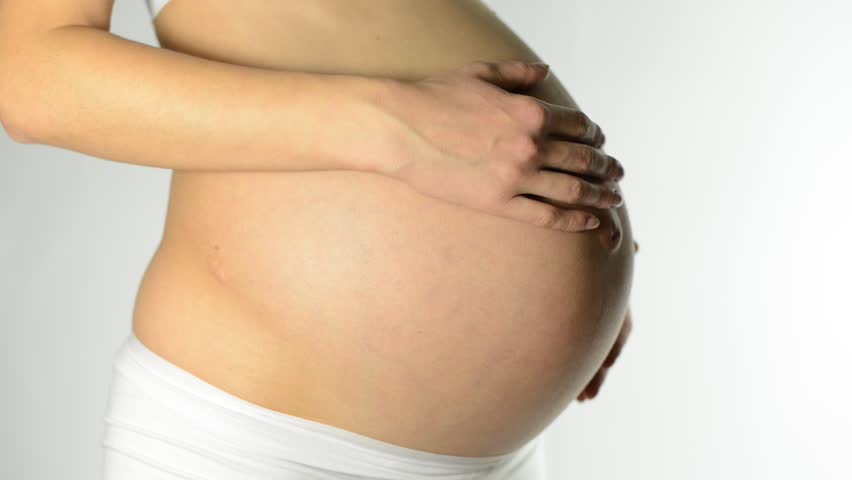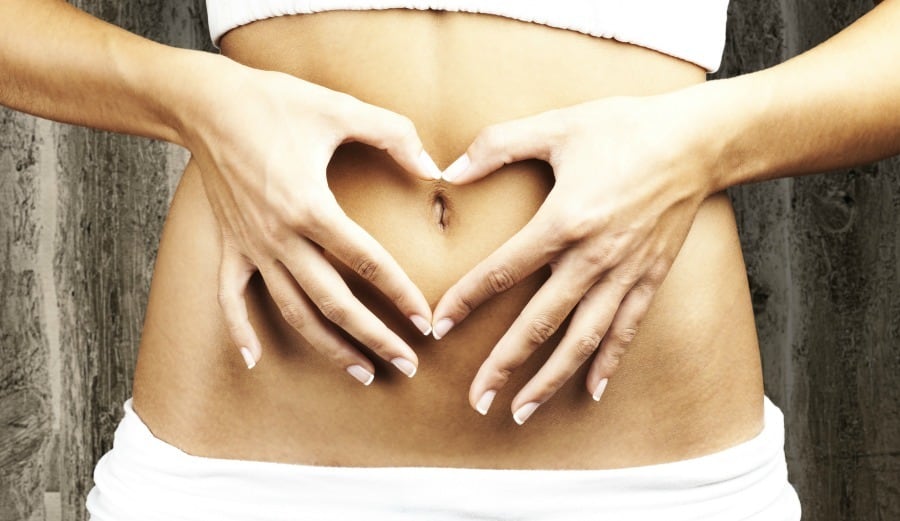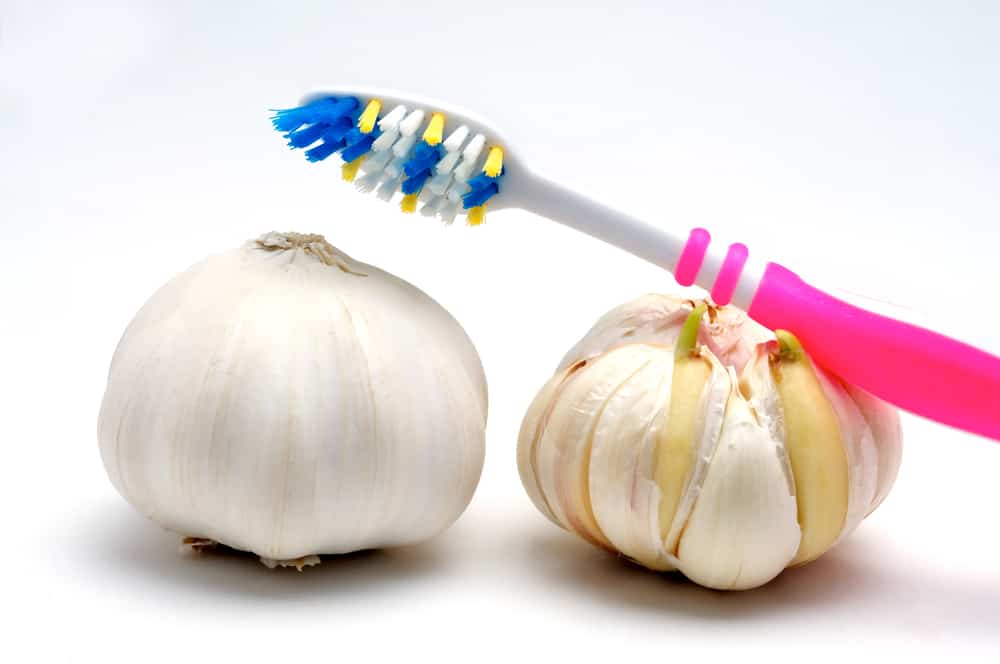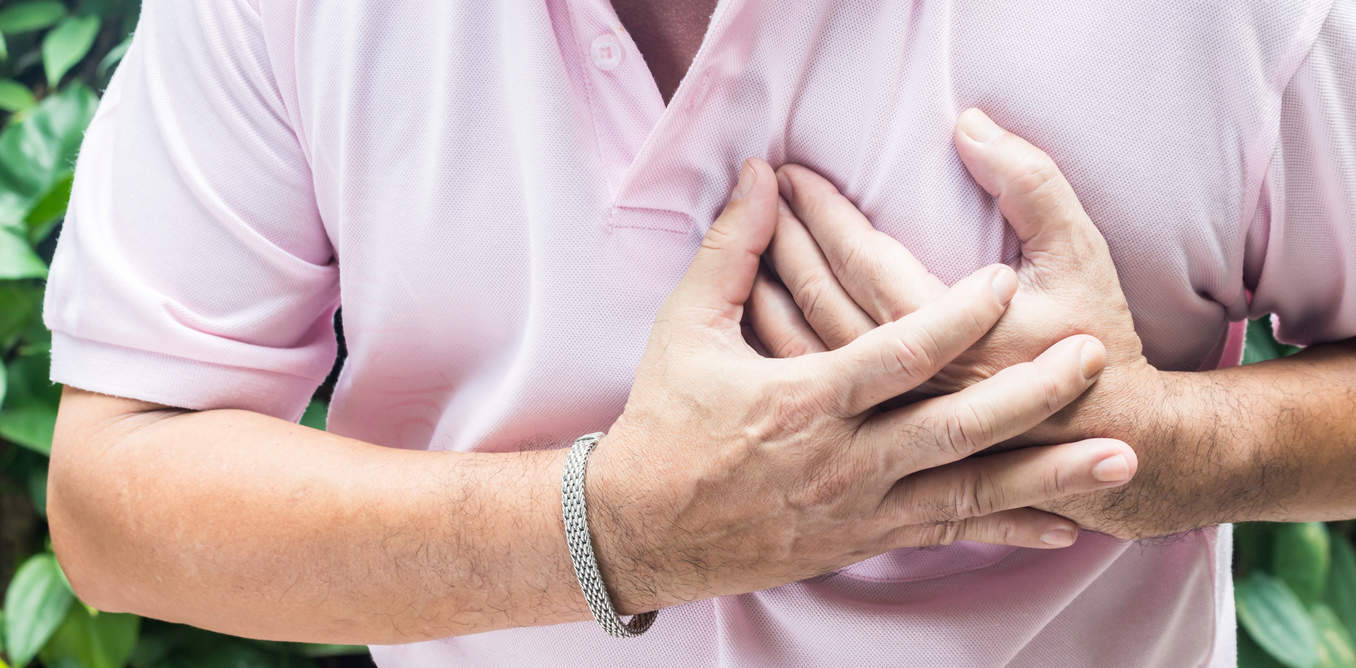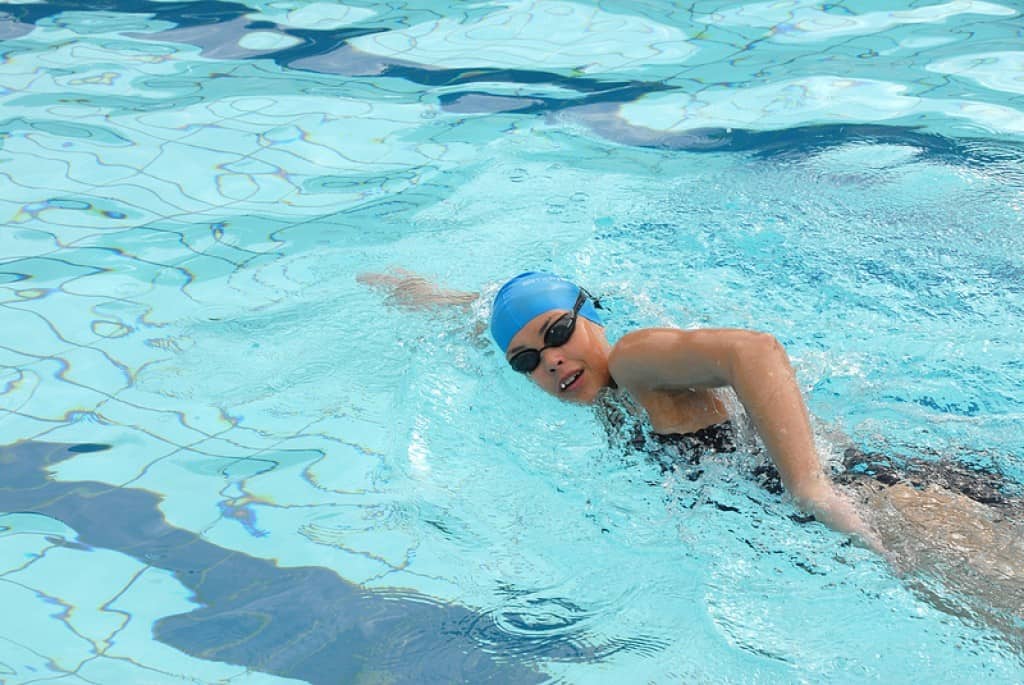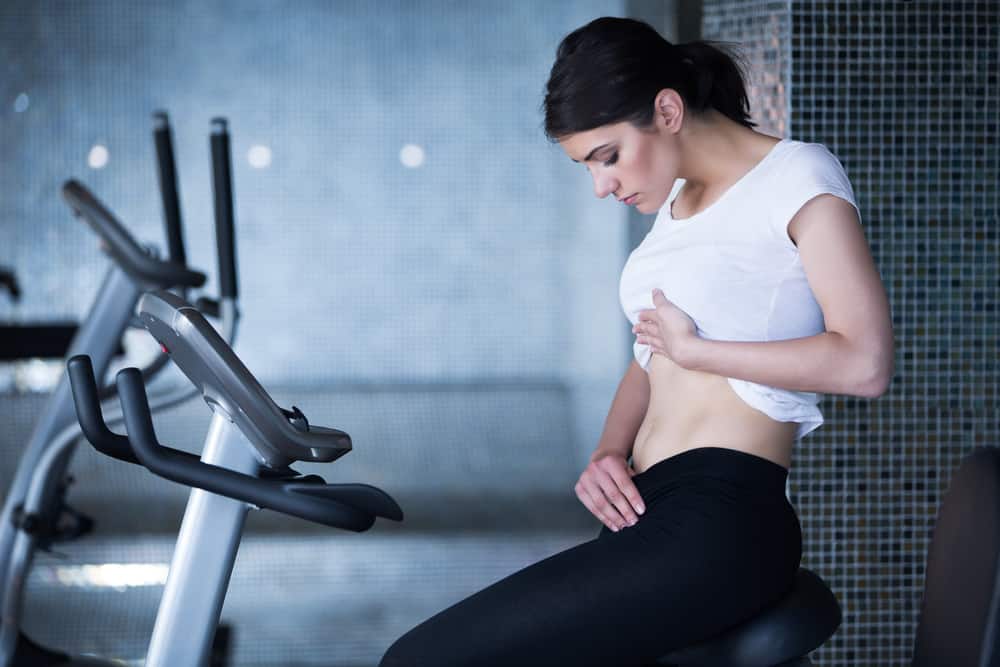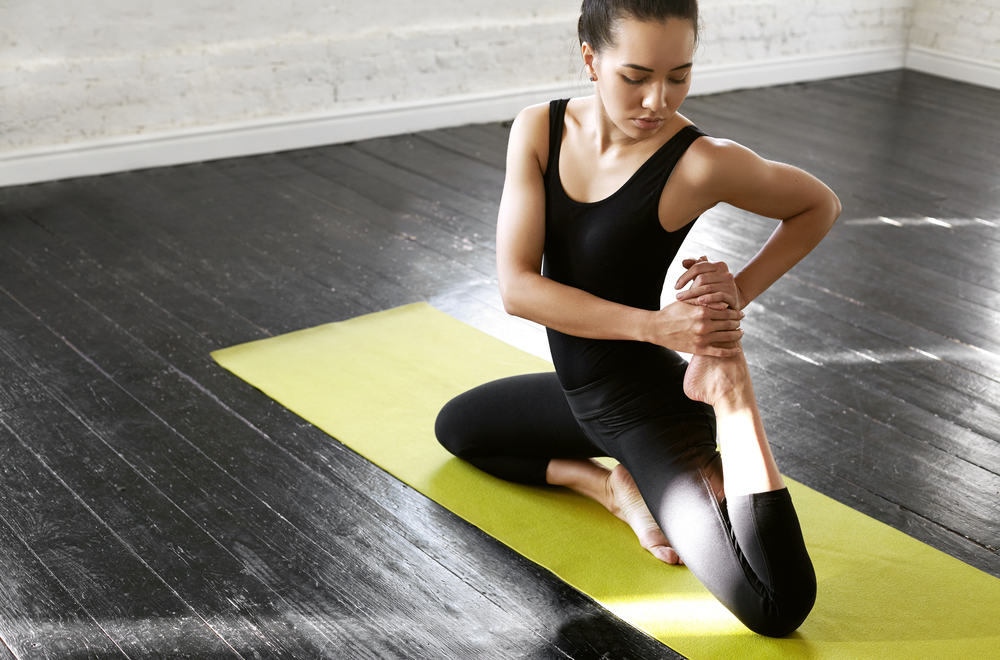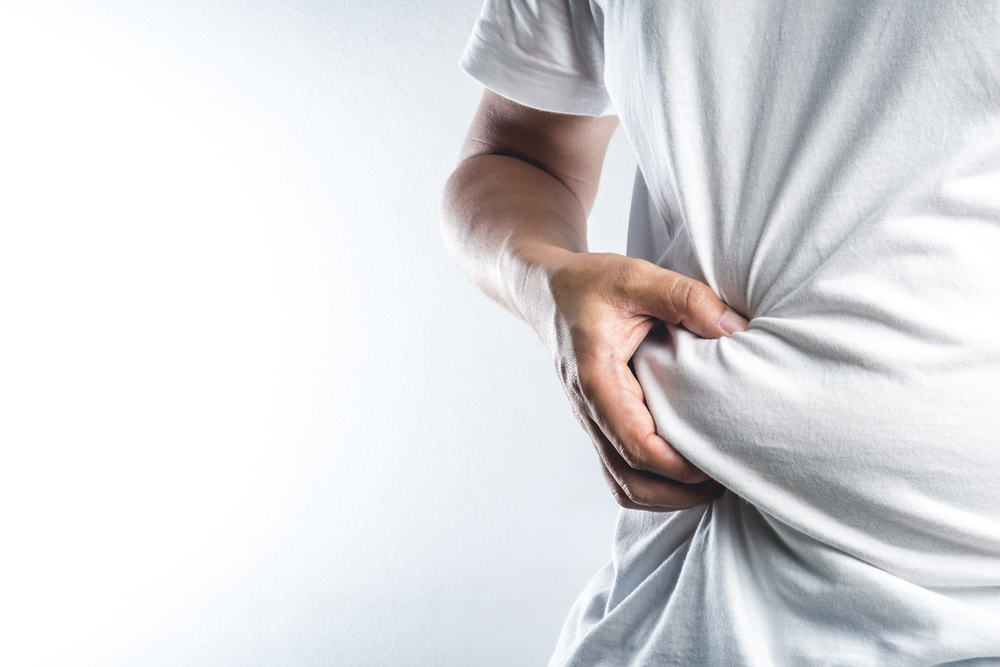Contents:
- Medical Video: Adults Get Drunk For The First Time
- The direct effect of alcohol on the body
- Dehydration and electrolyte imbalance
- Digestive system disorders
- Decreased blood sugar levels
- Disruption of the body's biological clock
- Other factors that influence hangover
- Age
- Types of alcoholic drinks
- Genetics
- Soft drinks mixture
- Gender
Medical Video: Adults Get Drunk For The First Time
Motion sickness is a physical and mental state that is uncomfortable and usually appears after consumption of alcohol in large or small quantities. Signs of intoxication include:
- Feeling very tired
- Headache
- Increased sensitivity to light and sound
- Red eye
- Pain in the body muscles
- Excessive thirst
- Increase in systolic blood pressure
- Increased heart rate
- Tremor
- Excessive sweating
- Dizziness, sometimes up to vertigo where the room seems to spin
- Feel depressed and nervous
These symptoms can be different for each person and begin several hours after a person consumes alcohol, especially when his BAC (Blood Alcohol Concentration) level is low. When BAC is zero, usually drunk symptoms begin to appear and will last up to 24 hours later.
But what causes a person to experience symptoms of motion sickness when drinking alcohol? See the explanation below.
The direct effect of alcohol on the body
Dehydration and electrolyte imbalance
Alcohol increases urine production by inhibiting hormone action antidiuretic or vasopressin. The more alcohol you drink, the more urine will be produced. Coupled with sweating, nausea, and diarrhea that often occurs in those who are drunk, as a result there will be signs of dehydration when drunk, such as thirst, feeling weak, dry mouth, and dizziness.
Digestive system disorders
Alcohol directly irritates the digestion, causing inflammation of the lining of the stomach. Alcohol can also trigger liver fat formation and increase stomach acid production. This is what causes people who get drunk often experience pain in the upper abdomen, nausea, and vomiting.
Decreased blood sugar levels
The formation of liver fat can inhibit the production of glucose in the body. Eating alcohol for a long time and coupled with daily nutritional intake that is less can cause a decrease in glucose production in the body. Not only that, the ability of the liver which usually converts glucose from the form of glycogen will also decrease, resulting in hypoglycemia. Because glucose is the main food for the brain, hypoglycemia can cause fatigue, difficulty concentrating, and change mood.
Disruption of the body's biological clock
The effects of fatigue from alcohol can interfere with sleep and can lead to insomnia. In addition, alcohol can inhibit the growth of growth hormone at night and even trigger the work of the hormone cortisol which should be low at night. Disruption of the body's biological clock can make a person feel dizzy the next day.
Other factors that influence hangover
In addition to the direct effects of alcohol on the body, several other factors outside alcohol have an effect on the occurrence of motion sickness, namely:
Age
The more you age, the more your body's ability to overcome the effects of alcohol will decrease. Based on a study it was known that symptoms were drunk and alcohol withdrawal less common in adolescents and young adults. Research on mice also showed that young mice did not experience drunk-related behavior changes when compared to older mice.
Types of alcoholic drinks
Research shows that alcoholic drinks that are darker in color will be easier to cause hangovers when compared to alcoholic drinks that are younger or clearer in color. This is related to the substances resulting from the fermentation process called congeners. Dark drinks (like red wine, bourbon, whiskey) has a level congeners which is higher compared to gin and vodka. More levels congeners,then getting drunk gets worse. Likewise if we consume several types of alcoholic drinks at once.
Genetics
Symptoms of motion sickness are related to how efficiently your body breaks down alcohol. Genes play an important role in enzymes that work to process acetaldehyde (a by-product of alcohol which is toxic to the body).
Soft drinks mixture
Mixing alcohol with soft drinks can aggravate the symptoms of motion sickness. Carbonated alcoholic beverages will reach the small intestine faster, so it will also get faster into the bloodstream. This causes the symptoms of motion sickness that you experience the next day gets worse.
Gender
Women are more at risk of getting drunk than men. This is due to the difference in the percentage of water in the bodies of women and men. Women have higher fat levels, so the water content is automatically lower because fat cells store less water. While the male body is dominated by muscles, most of which consist of water. Lack of water will make alcohol in the blood more difficult to dilute.
READ ALSO:
- 5 Ways to Don't Return to Alcohol
- Get to know alcoholic hepatitis, alcoholic liver disease
- What Is the Influence on Babies If Mothers Drink Alcohol During Pregnancy?


